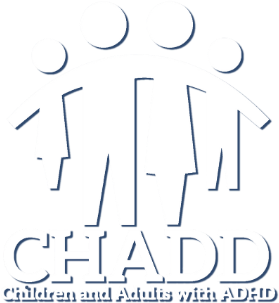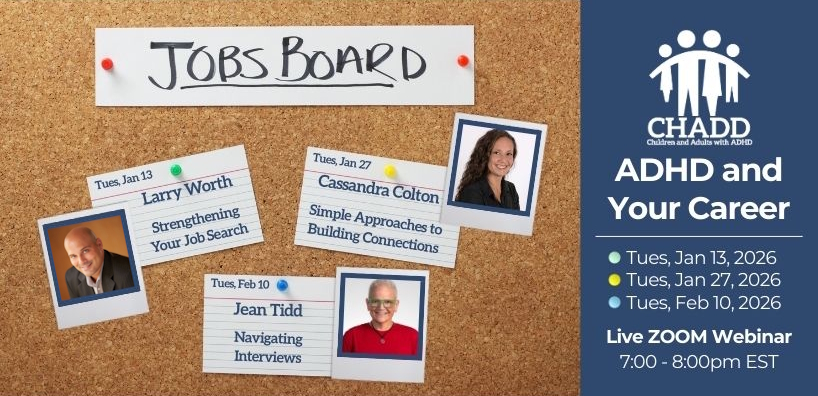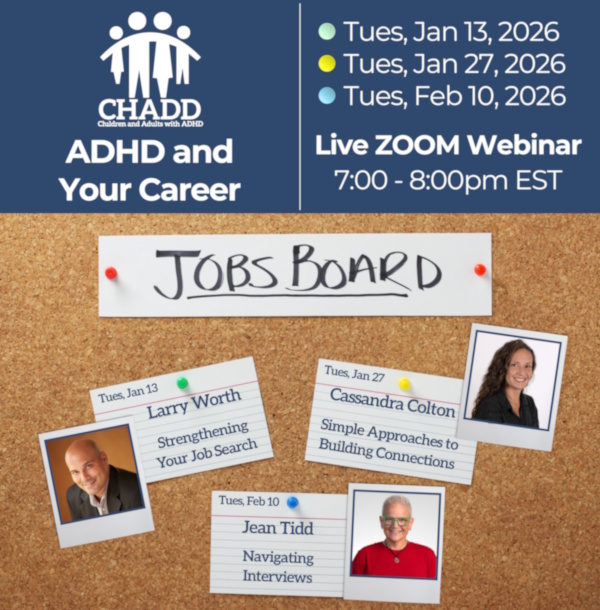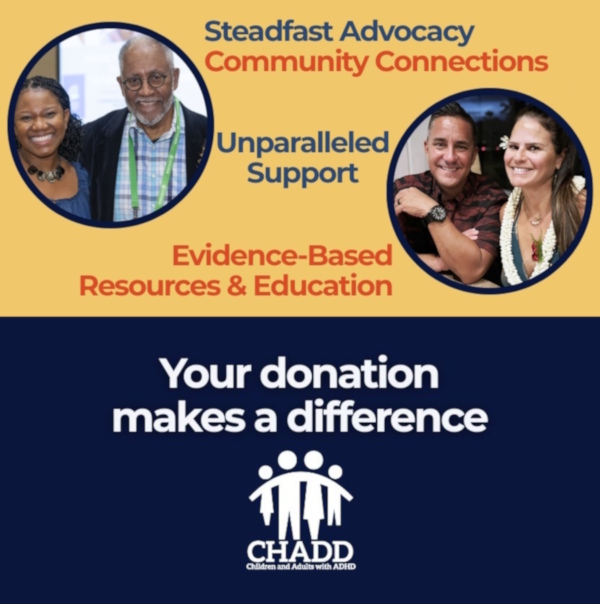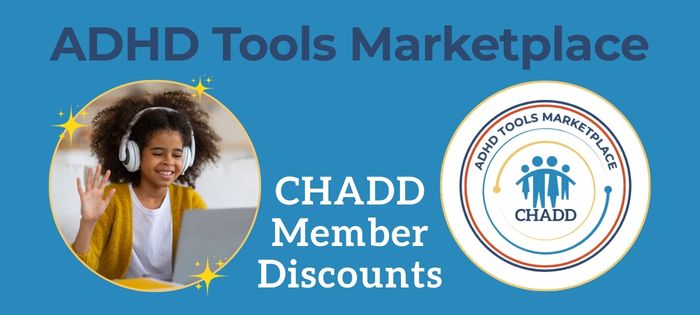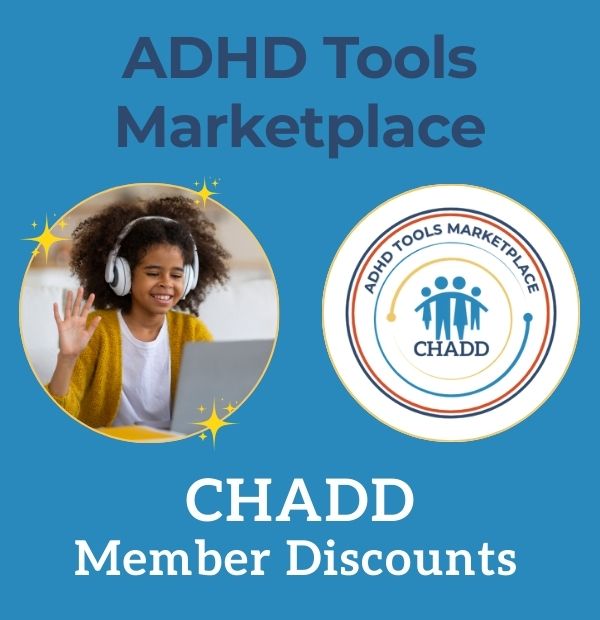Online Communities
ADHD in the News 2026-02-19
February 19, 2026Department of Education Backs Down on Unlawful Directive Targeting Educational Equity
Off-Label Methylphenidate Use Common in Adults with Mood Disorders
What If We’ve Been Wrong About How ADHD Drugs Work?
ViewADHD Weekly, February 19, 2025
February 19, 2026Could a Body Double Help You Increase Your Productivity?
When Teens Can Start Driving and When They Should Wait
Lost in the Transitions
ViewEvents
-
Training on ADHD | Self-Paced Online Courses
November 1, 2024—November 1, 2034
Register -
Listen to podcasts about ADHD
December 1, 2025—November 1, 2034
Register -
ADHD and Your Career: Navigating Interviews
February 10, 2026—February 10, 2026 | 7 PM ET
Register -
Using Cultural Humility to Engage Black Families About ADHD
February 4, 2026 | 2:00 PM
-
ADHD and Your Career: Simple Approaches to Building Connections
January 27, 2026—January 27, 2026 | 7 PM ET
Register -
ADHD and Your Career: Strengthening Your Job Search
January 13, 2026—January 13, 2026 | 7 PM ET
Register
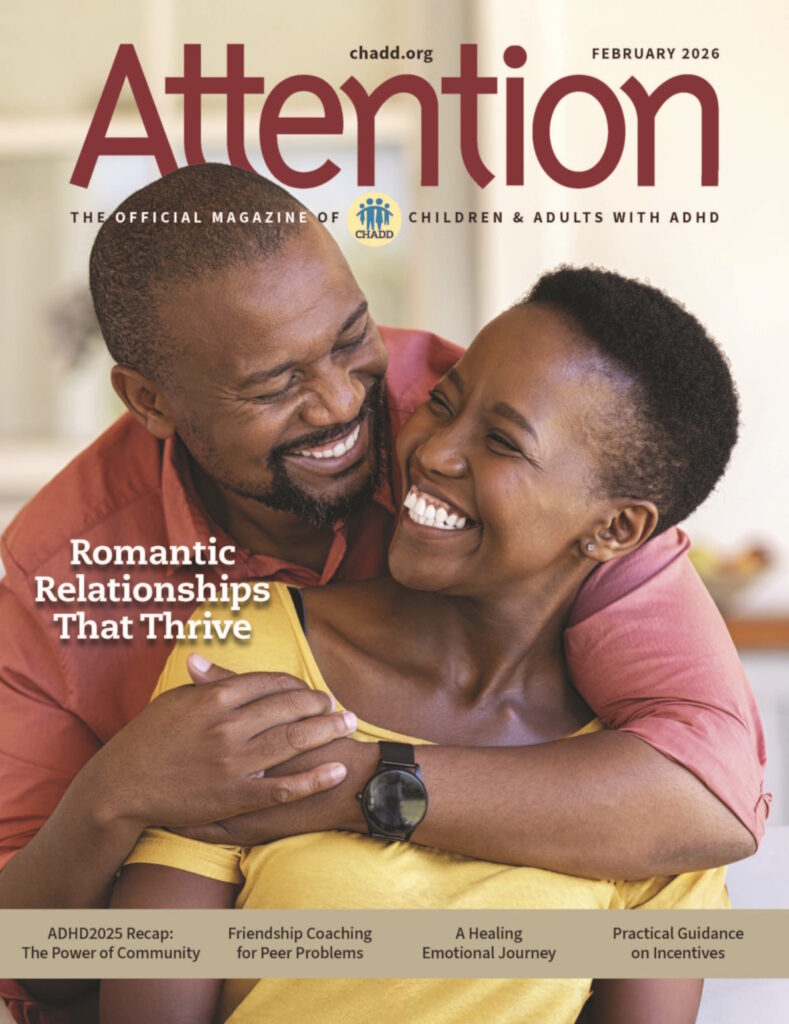
Attention Magazine
Recognized for its excellence, CHADD’s bimonthly magazine is rich in practical information, clinical insights, and evidence-based strategies for managing ADHD.
LEARN MORE


